Principal Investigator

Naomi Ehrich Leonard
Office: D-234 E-Quad
Email: naomi@princeton.edu
Phone: (609) 258-5129
MAE Faculty Profile
Full Bio
Teaching
Prof. Leonard’s background includes feedback control theory, nonlinear dynamics, geometric mechanics, and robotics, where she has made contributions both to theory and to application. She studies and designs complex, dynamical systems comprised of many interacting agents, including, for example, animals, robots, and/or humans that move, sense, and decide together. Her research program emphasizes the development of analytically tractable mathematical models of collective dynamics that provide the systematic means to examine the role of feedback (responsive behavior), interconnection (who is communicating with whom), heterogeneity (individual differences) in the behavior, learning, and resilience of groups in changing environments.
Leveraging mathematical models, Leonard has studied mechanisms of collective behavior in fish schools, bird flocks, honeybee swarms, and ant colonies, and she has designed rules for distributed robotic vehicles to perform collaborative tasks ranging from adaptive ocean sampling to trash collection in human-populated spaces. A former student of dance and life-long dance enthusiast, she has grown increasingly interested in intersections with dance and composition.
Current Post-docs

Himani Sinhmar
Department: MAE
Office: H-116 E-Quad
Email:
Personal Webpage
Himani Sinhmar’s research focuses on modeling the dynamics of cooperation and collective intelligence to better understand and shape behaviors engineered systems such as robot swarms. She earned her PhD from Cornell University in 2024, after completing her Bachelor’s and Master’s degrees in Technology from IIT Bombay in 2019. Her doctoral work involved developing certifiably safe controllers and motion planners for resource-constrained robotic systems. Sinhmar’s interdisciplinary approach spans control theory, non-linear dynamics, collective intelligence, and formal methods, with the goal of creating practical, theoretically sound solutions to improve the safety and reliability of robots in unstructured, dynamic environments.

Mallory E. Gaspard
Department: MAE
Office: H-116 E-Quad
Email:
Personal Webpage
Mallory is broadly inspired by developing mathematical approaches to decision making and optimal control under uncertainty, particularly to solve problems arising in technological, ecological, and sociological contexts. As an applied mathematician, she aims to use these models to reveal insights into the “why” behind physical phenomena and provide recommendations for the design or improvement of such systems. Mallory completed her B.S. in Mathematics and Applied Physics at Rensselaer Polytechnic Institute (RPI) in December 2018, followed by her Ph.D. in Applied Mathematics at Cornell University in summer 2025. At Cornell, Mallory’s doctoral research focused on developing dynamic programming based frameworks for optimal control under uncertainty to determine driving strategies in the face of limited traffic signal timing information, to compute enhanced driving directions that also provide lane change timing and effort information, and to better understand when predators in the animal kingdom might decide to utilize motion camouflage tactics while pursuing prey. At Princeton, Mallory is both extending and broadening these mathematical approaches to enhance our understanding of collective behavior in large scale systems of interconnected individuals (e.g., living organisms, technological devices) and to deepen our intuition about life-event timing in ecological contexts.
Current Graduate Students
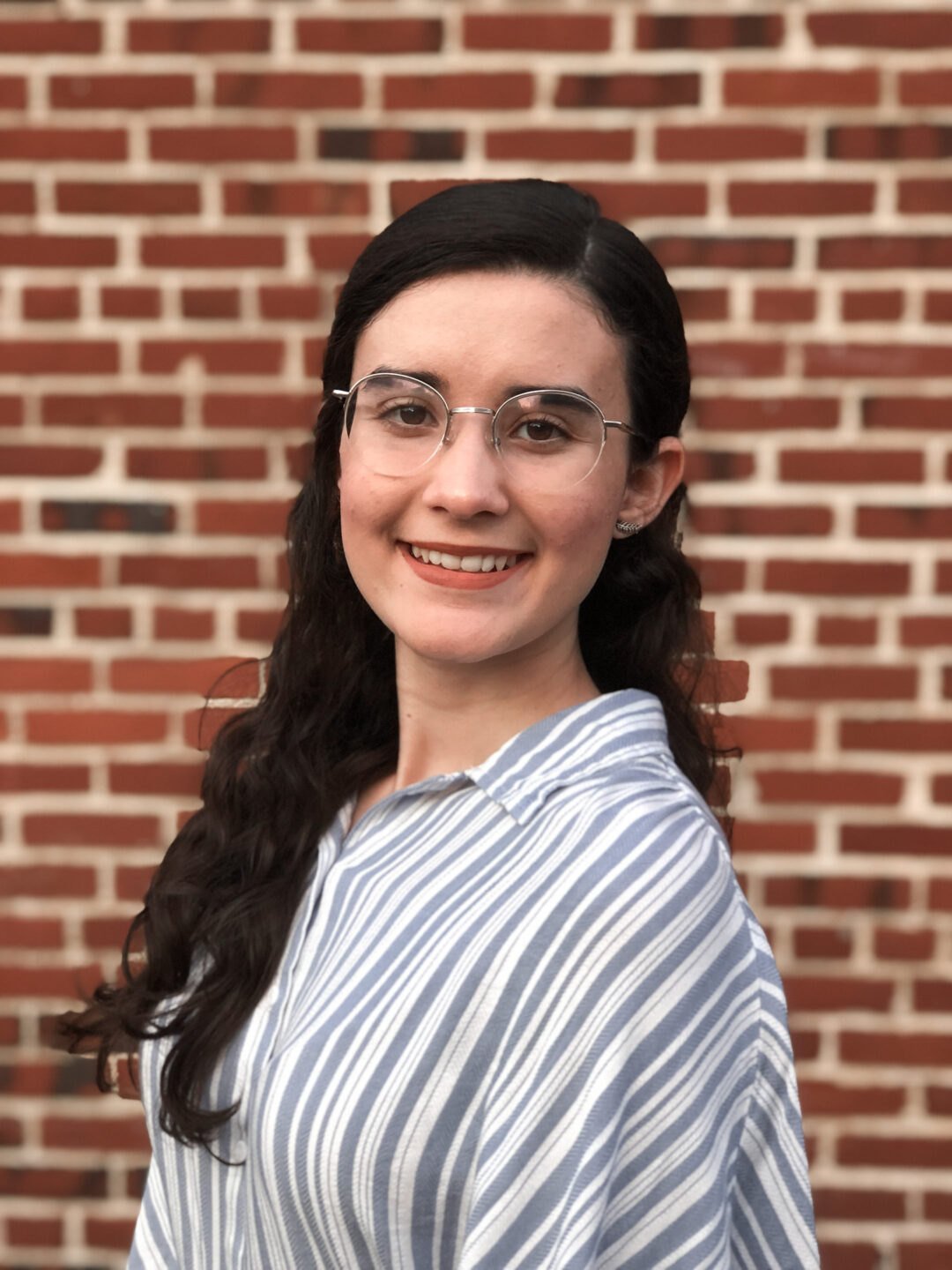
Giovanna Amorim
Department: MAE
Office: H-120 E-Quad
Email: giamorim [at] princeton.edu
Personal Webpage
My research focuses on perceptual decision-making, with an emphasis on how agents can use sensory information to make reliable decisions under sensing, communication, and computational constraints. I study single-agent and multi-agent dynamical systems for decision-making over continuous option spaces, using tools from nonlinear dynamics, control theory, and frequency-domain analysis. My work spans control theory and robotics, including neuromorphic decision-making models, collective behavior in robot swarms, and applications to navigation and task allocation in dynamic environments.
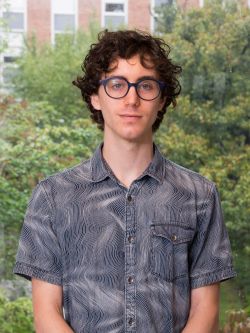
Ian Xul Belaustegui
Department: MAE
Office: H-120 E-Quad
Email: ianxul [at] princeton.edu
My main research interests relate to dynamical systems, control theory, information theory, distributed systems and optimization. I am also very interested in exploring engineering applications that take inspiration from biological systems.
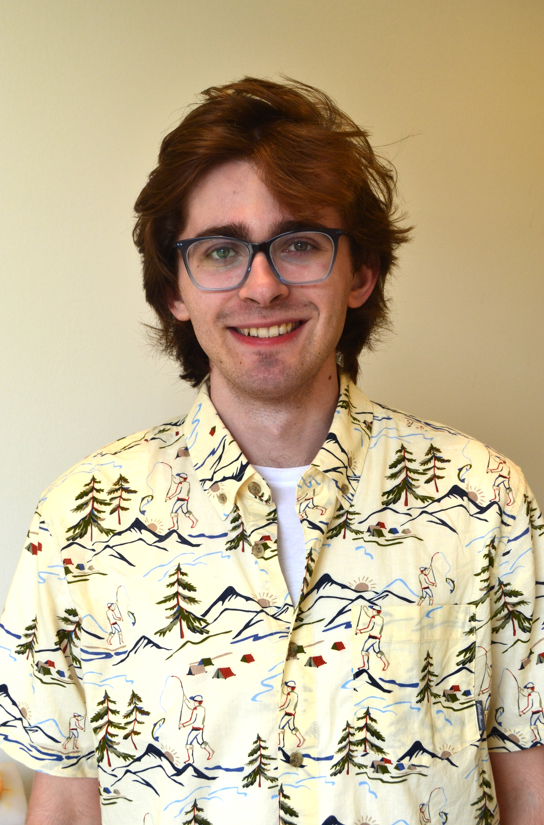
Daniel Richard Levy
Department: PACM
Office: 218 Fine Hall
Email: dl8529 [at] princeton.edu
I develop rigorous mathematical theory for biological and social complex systems, focusing on how agent misperception and individual heterogeneity influence collective dynamics and emergent phenomena. My work draws on tools from dynamical systems, applied analysis, probability, and related areas to bridge mechanisms across scales.

Justin Lidard
Department: MAE
Office: H-120 E-Quad
Email: jlidard [at] princeton.edu
Student Profile
Personal Webpage
My research interests lie at the intersection of machine learning, optimization, multi-agent systems, and control theory, primarily in (deep) multi-agent reinforcement learning (MARL) and efficient decentralized decision-making. I am currently working on new algorithms that allow learning agents to solve game-theoretic tasks while using communication to promote coordination and cooperation.
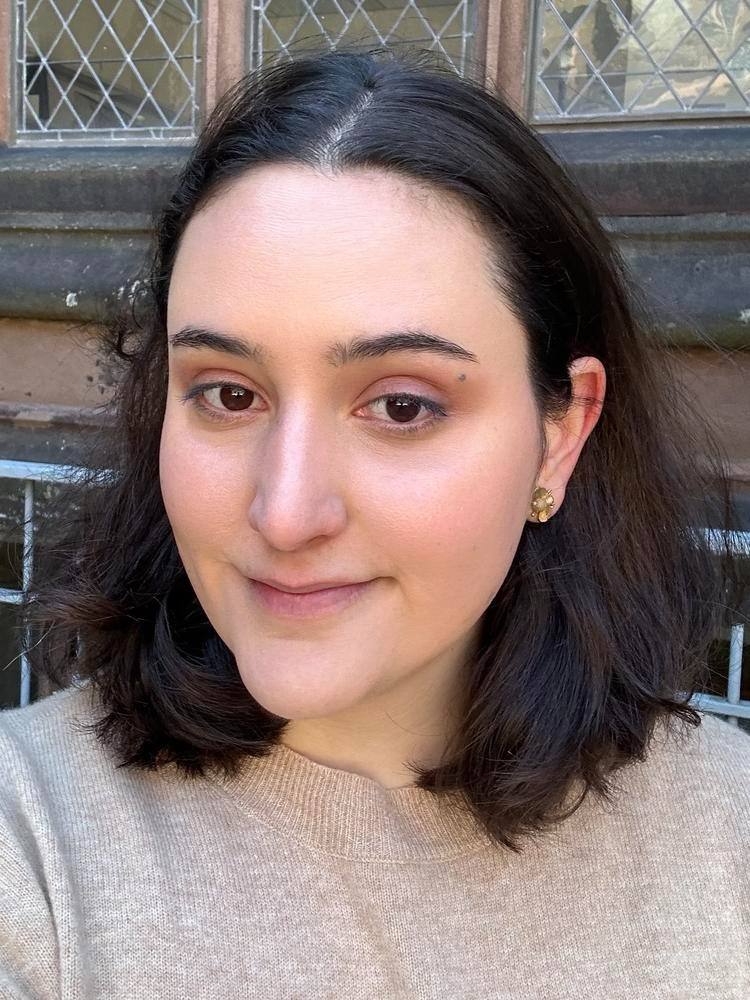
Marcela Ordorica Arango
Department: MAE
Office: H-120 E-Quad
Email: m.ordorica [at] princeton.edu
My research focuses on dynamical systems, network models, and the influence of human behavior on the spread of epidemics and other contagion processes. I study how individual decision-making and the transmission of information affect outcomes on both physical and informational networks. Using mathematical modeling and analysis, I aim to understand the feedback between behavior, information flow, and disease dynamics, and to identify mechanisms that promote or hinder containment and coordination in complex systems.
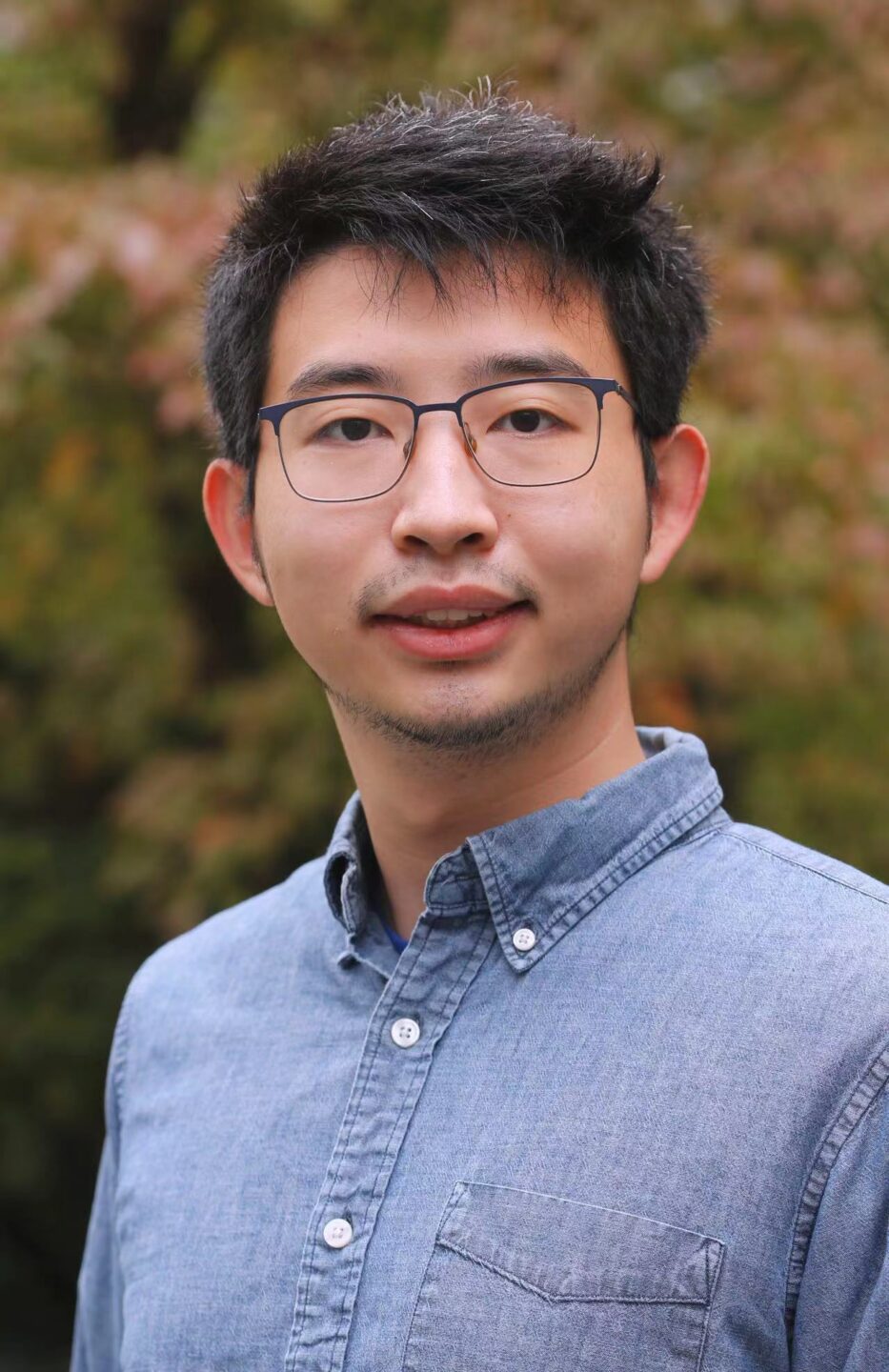
Yenan (Daniel) Shen
Department: MAE
Office: H-120 E-Quad
Email: yenan.shen [at] princeton.edu
I am interested in designing and controlling of physics-based deformable structures and soft robotics. Specifically, my research interest is using topological optimization and inverse learning to use physics-based mechanisms in designing soft robotics. In addition, I am passionate about controlling the soft robotics and using reinforcement learning to achieve controllable locomotion.

Kathryn Wantlin
Department: COS
Office: Computer Science Building 418b
Email: kw2960 [at] princeton.edu
Personal Webpage
My research focuses on the intersection of machine learning and multi-agent systems. Currently, I study statistical approaches for modeling emergent properties in swarm robotics and cellular morphogenesis as well as machine learning methods for training populations of cooperative agents.
Current Undergraduate Students
- Emily Yang, ECE
Former Graduate Students
- Charlotte Cathcart, PhD thesis
- Justice Mason
- Isla Xi Han, PhD thesis
- Kathryn Wantlin
- Udari Madhushani, PhD thesis
- Anastasia Bizyaeva, PhD thesis
- Anthony Savas, PhD thesis
- Mari Kawakatsu, PhD thesis
- Yunxiu Zhou
- Yaofeng (Desmond) Zhong, PhD thesis
- Renato Pagliara Vasquez, PhD thesis
- Bec Gray, PhD thesis
- Elizabeth Davison PhD thesis
- Peter Landgren, PhD thesis
- Will Scott, PhD thesis
- Katie Fitch, PhD thesis
- Kendra Cofield
- Tian Shen, PhD thesis
- Paul Reverdy*, PhD thesis
- George Young, PhD thesis
- Stephanie Goldfarb*, PhD thesis
- Darren Pais, PhD thesis
- Daniel Swain, PhD thesis
- Andy Stewart, PhD thesis
- Benjamin Nabet, PhD thesis
- Derek Paley, PhD thesis
- Dmitri Gurkins, MSE thesis
- Pradeep Bhatta, PhD thesis
- Sujit Nair, PhD thesis
- Eddie Fiorelli, PhD thesis
- Joshua Graver, PhD thesis
- Petter Ogren**
- Troy Smith*
- Craig Woolsey, PhD thesis
- Jeff Jenkins*
- Charles Voelkel
- Francesco Bullo**
(*co-advised, **visiting)
Former Post Docs
- Juncal Arbelaiz
- María Santos
- Christine Allen-Blanchette
- Kenza Hamidouche
- Shinkyu Park
- Biswadip Dey
- Zahra Aminzare*
- Kayhan Ozcimder
- Karla Kvaternik
- Vaibhav Srivastava
- Carlos Caicedo
- Alex Olshevsky
- Ioannis Poulakakis
- Luca Scardovi
- Ming Cao
- Fumin Zhang
- Francois Lekien
- Luc Moreau
- Ralf Bachmayer
- Monique Chyba